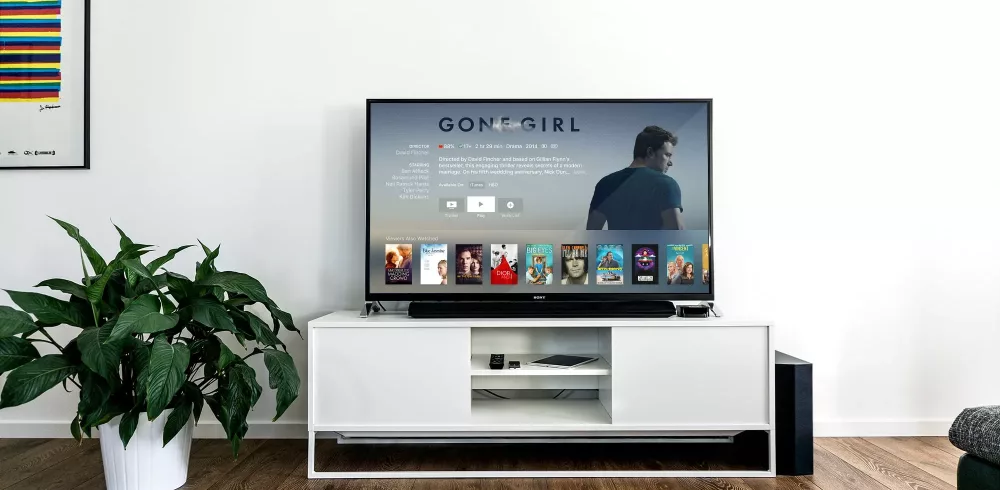We could be paying far more in electricity bills than we should be, to the tune of hundreds of pounds over the lifetime of a TV..
Why? Well – LG and Samsung TVs could be using twice as much energy as the manufacturers claim, according to tests carried out by the Natural Resources Defence Council (NRDC) in America.
Every TV in Europe and America has to carry an energy efficiency rating, something which many of us use to determine which model to buy.
But now it has emerged that two manufacturers may have been cheating the system. In tests carried out by the NDRC Samsung and LG TVs seemed to recognise the video used by the authorities to rate energy efficiency. When the videos were played â the TVs appeared to dim their backlights meaning they got a better score.
Member state authorities believe that software is being used to subvert energy efficiency tests and NGO tests have shown that TVs in the US consume significantly less energy in official lab conditions compared to more realistic home conditions.
This seems suspicious, but so far cheating has not been proven in court. Several class action law suits have been launched following the NRDC report. The report says that energy saving features are being shut off without permission once gadgets are in the home.
Although both manufacturers have denied the allegations â the claims are being investigated by the European Environmental Bureau.
And it might not just be TVs, the EEB will also be investigating fridges and dishwasher. According to experts, approximately 10% of products do not comply with EU energy saving laws, which amounts to consumers overpaying a staggering â¬10.5bn per year, across Europe.
Jack Hunter of the European Environmental Bureau said: ‘The authorities in the UK and Sweden suspect that TV makers used software to evade official tests. More recently, research in the US found TVs automatically shutting down and locking off energy saving features without permission. Money-saving options were literally being greyed out.
‘This all sits in a context of ever more sophisticated, sensor-packed and connected home appliances as well as a situation where enforcement agencies across Europe are under-resourced and struggling to do their jobs.
‘Given all this, we decided to commission accredited labs to run tests on TVs, fridges and dishwashers, an investigation that will conclude in the spring.’
Manufacturing & Engineering Magazine | The Home of Manufacturing Industry News














